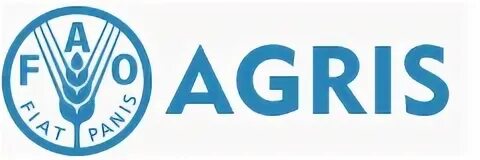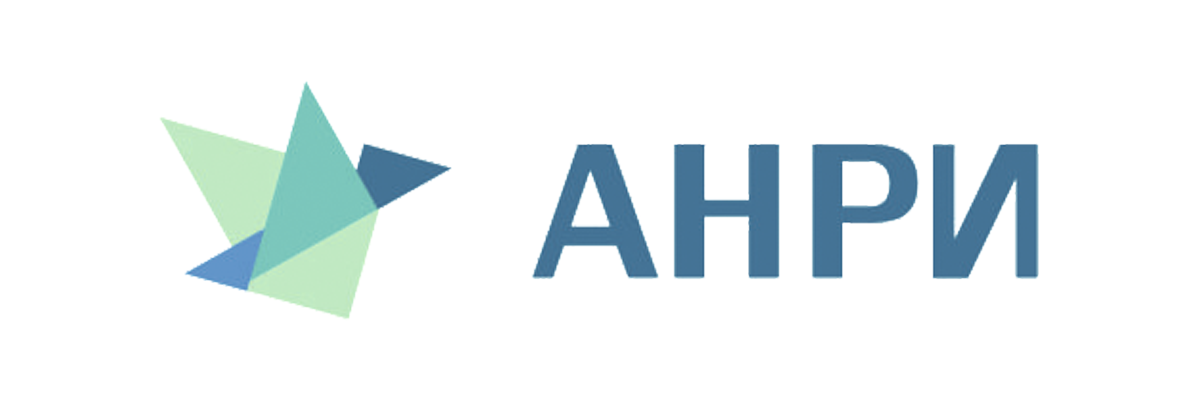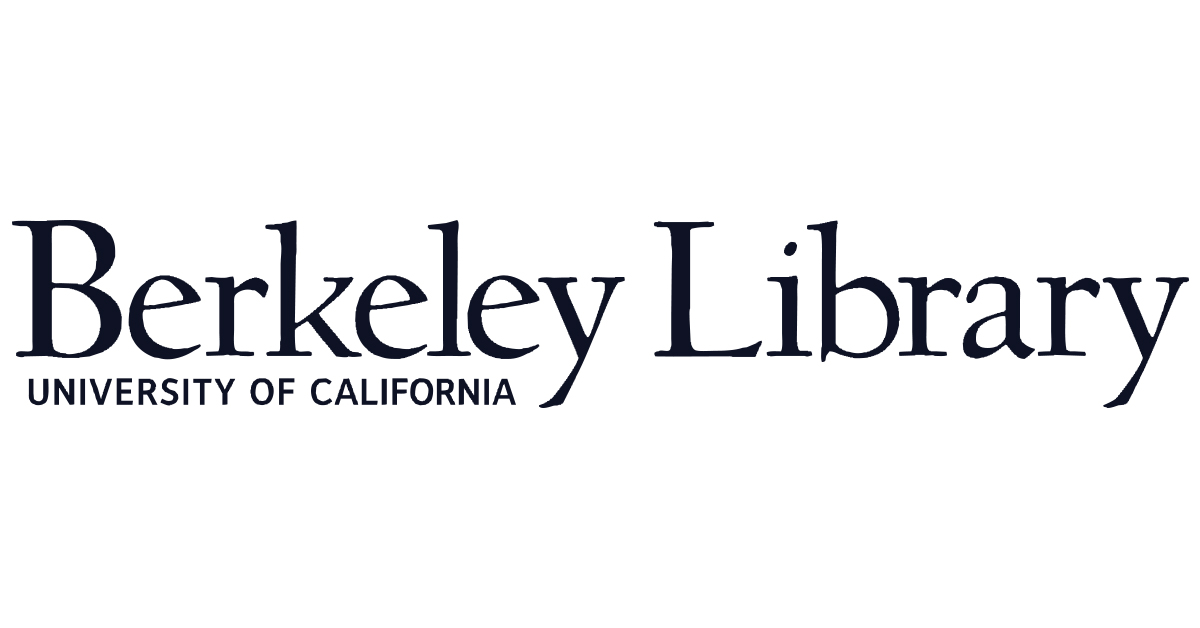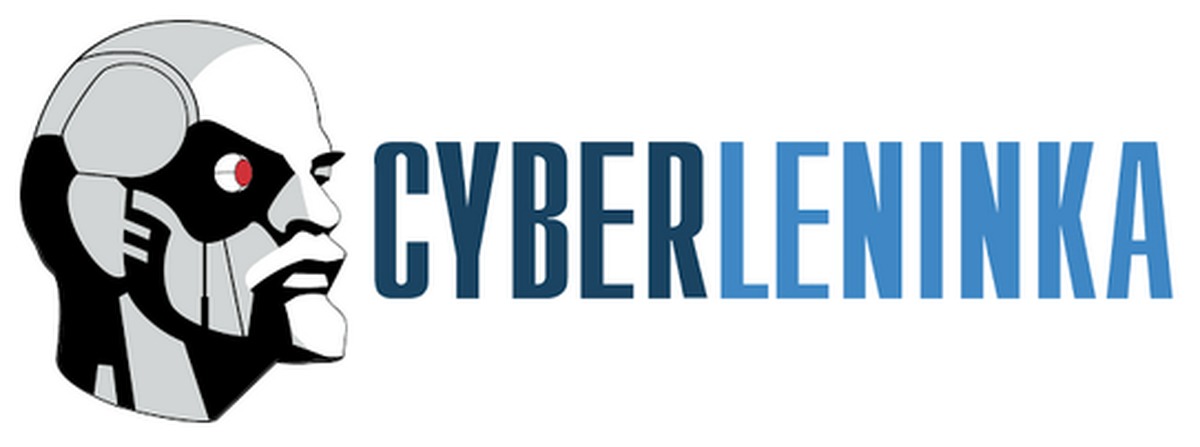Journal Policy
Free Access Policy
The editorial board adheres to the principles of “platinum open access” - all published articles are provided with free open access on the journal website immediately after publication. The open access policy of this scientific journal is based on the principles of the Budapest Open Access Initiative (BOAI), which implies free and unbiased access to scientific research and publications for all stakeholders. We strive to ensure the availability of all materials in electronic format without any financial or legal barriers, thereby contributing to the dissemination of knowledge and the development of the scientific community. The authors retain the rights to their works and can share them in various formats, while the journal adheres to the principles of peer review to ensure high standards of publication quality. This policy is aimed at promoting openness and collaboration in scientific activities.
Copyright Policy
The authors retain the copyright and grant the journal the right to first publish under the Creative Commons Attribution 4.0 (CC-BY) license, which allows others to distribute the publication with the indication of authorship and initial publication in this journal.
Authors may enter into separate additional contractual agreements for the non-exclusive distribution of the work published in the journal (for example, post it in an institutional repository or publish it in a book) with confirmation of the fact of its initial publication in this journal.
Authors are allowed and encouraged to post their work online (for example, in institutional repositories or on their personal web pages) before, during, and after the submission, as this can lead to a productive exchange of views, as well as to earlier and broader citations of the published work.
Archiving
Scientific Electronic Library (elibrary.ru)
Federal State Budgetary Institution Russian State Library;
Ministry of Digital Development, Communications and Mass Media of the Russian Federation.
Stavropol Regional Universal Scientific Library named after M. Y. Lermontov
Stavropol Centralized Library System
The frequency of the journal publication
The journal publishes four issues per year.
Reviewing
The journal adheres to the principles of double-blind peer review, in which both authors and reviewers do not know each other. This technique ensures objectivity and impartiality in the process of evaluating articles, which contributes to maintaining high standards of scientific publication.
The review process:
Each manuscript submitted to the journal passes a preliminary assessment stage by the editorial board to verify compliance with the subject matter and quality standards. If the manuscript meets the formal criteria of the journal, it is sent to at least two independent reviewers via the electronic editorial office.
Terms of review:
Reviewers get three weeks to prepare their reviews. If it is necessary to extend the review period, the reviewers should notify the editorial board of the journal.
Evaluation criteria:
Reviewers evaluate materials based on several criteria, including originality, relevance, methodological rigor, quality of presentation, and validity of conclusions. The reviewers’ comments and recommendations help the authors to improve the quality of their articles and increase their scientific value. Reviewers, guided by the principles of publication ethics and the recommendations of the editorial board, fill out a review form within 3 weeks, give their comments and conclude that publication is possible:
recommended for publication (without revision)
recommended for publication with revision
not recommended for publication.
Confidentiality:
All materials submitted for review are considered confidential. Reviewers are not allowed to discuss the content of articles with third parties and are required to inform the editorial board of any conflicts of interest.
Feedback:
After the review is completed, the authors receive feedback from reviewers, as well as recommendations for improvements or the possibility of refusal to publish. Revision of the article in the presence of the reviewer's comments should not take more than 2 weeks from the moment of sending a message to the authors about the need to make changes. If the authors do not return the revised version after 3 months from the date of sending the review, even if there is no information from the authors with a refusal to finalize the article, the editorial board removes it from the register.
A positive review is not a sufficient reason for the publication of the article. The final decision on publication is made by the editorial board. The corrected article is being sent for scientific editing. The editors reserve the right to proofread the text. The decision to publish an article takes approximately three months from the moment the article is submitted for review. All reviewers are recognized experts on the subject of peer-reviewed materials and have published on the subject of peer-reviewed articles over the past 3 years. The reviews are kept in the editorial office for 5 years. The editorial board undertakes to send copies of the reviews to the Ministry of Education and Science of the Russian Federation upon receipt of a corresponding request.
Personal data protection
The editorial board of the journal guarantees the use of personal data that the author has indicated about himself on the website solely for the design of the article and communication with the author. The author's data will not be shared with third parties. All authors sign consent to the processing of personal data.
Publication ethics
The editorial board of the journal adheres to the recommendations of COPE and the HENRI Ethics Council when working with manuscripts, reviewers and when organizing the review process.
Introduction
1.1. The publication of materials in peer-reviewed journals is not only an easy way of scientific communication, but also makes a significant contribution to the development of the relevant field of scientific knowledge. Thus, it is important to set standards for the future ethical behavior of all parties involved in the publication, namely: Authors, Editors of the journal, Reviewers, Publishers and Scientific Society for the journal.
1.2. The publisher not only supports scientific communication and invests in this process, but is also responsible for following all current recommendations in the published work.
1.3. The publisher undertakes obligations for the strictest supervision of scientific materials. Our journal programs provide an unbiased “report” on the development of scientific thought and research, so we are also aware of the responsibility to properly present these “reports”, especially in terms of the ethical aspects of the publications outlined in this document.
Responsibilities of Editors
2.1. Decision on publication
The editor of the scientific journal is personally and independently responsible for making the decision on publication, often in collaboration with the relevant Scientific Society. The reliability of the work in question and its scientific significance should always underlie the decision to publish. The editor may be guided by the policy of the Editorial Board of the journal, being limited by current legal requirements regarding libel, copyright, legality and plagiarism.
The editor may confer with other Editors and Reviewers (or officials of the Scientific Society) during the decision on publication.
2.2. Decency
The editor should evaluate the intellectual content of the manuscripts regardless of race, gender, sexual orientation, religious beliefs, origin, citizenship or political preferences of the Authors.
2.3. Confidentiality
The editor and the Editorial Board of the journal are obligated not to disclose information about the accepted manuscript unnecessarily to all persons, with the exception of the Authors, Reviewers, possible Reviewers, other scientific consultants and the Publisher.
2.4. Disclosure Policy and Conflicts of Interest
2.4.1 Unpublished data obtained from submitted manuscripts may not be used in personal research without the written consent of the Author. Information or ideas obtained during the review process and related to possible benefits should be kept confidential and not used for personal gain.
2.4.2 Editors should recuse themselves from reviewing manuscripts (namely, request a deputy editor or collaborate with other members of the Editorial Board when reviewing the work instead of reviewing and deciding on it themselves) in case of conflicts of interest due to competitive, collaborative and other interactions and relationships with Authors, companies and possibly other organizations related to the manuscript.
2.5. Supervision of publications
An editor who has provided convincing evidence that the statements or conclusions presented in the publication are erroneous should inform the Publisher (and/or the relevant Scientific Society) about this in order to notify them as soon as possible of changes, withdrawal of the publication, expression of concern and other relevant statements.
2.6. Engagement and collaboration in research
The Editor, together with the Publisher (or the Scientific Society), takes adequate response measures in case of ethical claims concerning the reviewed manuscripts or published materials. Such measures generally include interaction with the Authors of the manuscript and argumentation of the relevant complaint or claim, but may also involve interaction with relevant organizations and research centers.
Responsibilities of Reviewers
Reviewers play a key role in the process of ensuring the quality of scientific publications. In this regard, they undertake to follow the principles and ethical standards:
3.2. Objectivity and impartiality: Reviewers must evaluate manuscripts objectively, based on scientific facts and the quality of the submitted materials, without regard to personal preferences or presentiment.
3.3. Confidentiality: Reviewers must treat the materials under review as confidential information. They have no right to discuss the contents of the article with third parties, except when permitted by the editorial board.
3.4. Timeliness: Reviewers are obliged to provide their reviews within the established deadline (three weeks) or notify the editorial board of the need to extend the deadline, if necessary.
3.5. Justification of comments: Reviewers must provide constructive criticism, clear comments and recommendations for improving the article. Informed comments help authors understand how to improve the quality of their work.
3.6. No Conflicts of Interest: Reviewers are required to notify the editor if they have potential conflicts of interest (e.g. personal, financial, or professional relationships with the authors of the article). In the case of a conflict, reviewers must decline to review the work.
3.7. Honesty and Integrity: Reviewers must maintain high standards of scientific integrity and point out any instances of plagiarism, falsification of data, or insufficient citation of previous research discovered during the review process.
3.8. Refusal to Use Information: Reviewers must not use information contained in peer-reviewed articles for their own scientific or other purposes until the work is published.
Responsibilities of Authors
4.1. Requirements for Manuscripts
4.1.1 Authors of original research reports should present the trustworthy results of the work as well as an objective discussion of the research significance. The data work is based on, should be presented accurately. The work should contain sufficient detail and references. False or knowingly inaccurate statements constitute unethical behavior and are unacceptable.
4.1.2. Reviews and research articles should also be accurate and objective, the editorial position is clearly stated.
4.2. Data Access and Storage
Authors may be asked to provide raw data relevant to the manuscript for review by the Editors.
4.3. Originality and Plagiarism
4.3.1 Authors should ensure that the work presented is entirely original and, if the work or statements of others have been used, appropriate citations or excerpts should be provided.
4.3.2 Plagiarism can take many forms, from presenting someone else's work as your own, to copying or paraphrasing substantial portions of someone else’s work (without attribution), to claiming the results of someone else’s research. Plagiarism in all its forms is unethical and unacceptable.
4.4. Multiple, Redundant, and Simultaneous Publications
4.4.1 In general, an Author should not publish a manuscript describing essentially the same research in more than one journal as the original publication. Submitting the same manuscript to more than one journal concurrently constitutes unethical publishing behavior and is unacceptable.
4.4.2. In general, an Author should not submit a previously published article to another journal.
4.5. Acknowledgment of Sources
Acknowledgment of the contributions of others should always be given. Authors should cite publications that have been essential to the conduct of the reported work. Information obtained privately, such as through conversation, correspondence, or discussion with third parties, must not be used or reported without the express written permission of the source. Information obtained through confidential services, such as refereeing manuscripts or grant applications, must not be used without the express written permission of the author involving the confidential services.
4.6. Authorship of the Publication
4.6.1 Only individuals who have made a significant contribution to the conception, design, conduction, or interpretation of the study may be authors of the publication. All those who have made a significant contribution should be listed as Co-authors.
4.6.2. At the end of the manuscript, authors should include notes explaining the actual contribution of each co-author to the work according to the CRediT system, which includes 14 roles: conceptualization, methodology, software, data verification, formal analysis, research conduction, resources, data administration, manuscript drafting, manuscript writing and editing, visualization, study supervision, administration, and funding. The order of indicating the authors and co-authors of the article is agreed upon by them independently.
4.6.3. The corresponding author should ensure that all participants who have made a substantial contribution to the study are listed as co-authors and that no co-authors who were not involved in the study are listed as co-authors, and that all co-authors have seen and approved the final version of the paper and agreed to its submission for publication. Individuals who do not meet the co-authorship criteria should be acknowledged in the Acknowledgments section.
4.7. Risks and Human and Animal Subjects
4.7.1 If the work involves chemicals, procedures, or equipment that may have unusual risks during use, the author should clearly state this in the manuscript.
4.7.2 If the work involves animals or human subjects, the author should ensure that the manuscript indicates all stages of the study were in compliance with applicable laws and institutional guidelines and were approved by the appropriate committees. The manuscript should clearly indicate that informed consent was obtained from all human subjects. The rights of privacy must be respected at all times.
4.8. Disclosure and Conflicts of Interest
4.8.1 All authors should disclose in their manuscript any financial or other substantive conflicts of interest that might be construed to influence the results or conclusions of the work.
4.8.2 Examples of potential conflicts of interest that must be disclosed include employment, consultancies, stock ownership, honoraria, providing expert testimony, patent applications or registrations, grants or other funding. Potential conflicts of interest must be disclosed as early as possible.
4.9. Material Errors in Published Works
If the Author discovers material errors or inaccuracies in a published work, the Author must promptly notify the Editor of the journal and cooperate with the Editor to retract the work or correct the errors. If the Editor or the Publisher receives information from a third party that a published work contains material errors, the Author must retract the work or correct the errors as soon as possible.
Responsibilities of the Publisher
5.1 The Publisher must follow the principles and procedures that facilitate the fulfillment of ethical duties by Editors.
5.2. The Publisher should provide support to the Editors of the journal in reviewing claims to the ethical aspects of the published materials and help to interact with other journals and/or Publishers, if this contributes to the fulfillment of the duties of Editors.
5.3. The Publisher should promote good research practices and implement industry standards in order to improve ethical guidelines, procedures for the removal and correction of errors.
5.4 The publisher should provide appropriate specialized legal support (opinion or advice), if necessary.
Retraction Policy
Articles published in the journal may be subject to the procedure of retraction (withdrawal from print). Retraction is carried out in order to notify readers about the publication of false information and to withdraw such publications from scientific circulation.
Retraction is used in cases where an already published article:
violates the journal publication ethics;
contains plagiarism or self-plagiarism;
It is a duplicate publication;
contains serious errors or falsified data that cast doubt on the reliability of scientific results.;
re-published without the consent of the author(s);
It includes materials with content contradictions to the legislation of the Russian Federation.
Retraction can be performed at the request of the author(s), by decision of the editorial board, or at the official request of various bodies (other journals, scientific organizations, etc.), or at the request of third parties (with evidence of violations of scientific ethics by the author of an article published in the journal). The retraction is carried out after a thorough review of the circumstances that led to the publication of false information. The decision is made by a specially created commission, taking into account all available facts and opportunities to verify the publication for compliance with the requirements.
The editorial board notifies the author(s) of the violation of publication ethics and launches the retraction procedure. The author(s) are allowed to express their agreement or disagreement with the Editorial Board. In cases where the fact of violation of publication ethics (plagiarism, self-plagiarism, falsification of data, violation of legislation, etc.) has been confirmed, the Editorial Board has the right to carry out the retraction procedure without the consent of the author(s). Based on the verification of the circumstances that led to the retraction, the editorial board has the right to independently decide on further cooperation with the author(s) of the withdrawn articles (complete refusal of cooperation, refusal of cooperation for a certain period, appointment of additional examination of articles in case of repeated cooperation).
The retracted article is not deleted from the electronic version and remains on the journal website as part of the PDF version of the corresponding issue. In this case, the metadata of the article is marked “Withdrawn” and the date of the retraction. An identical mark is placed in the table of contents of the corresponding issue of the journal and the databases in which the journal is indexed.
Publication fee
Publication in the journal is free for authors. The editorial board does not charge authors for the preparation, placement and printing of materials.
Plagiarism
When reviewing an article, the editorial board of the journal verifies the material using the Anti-Plagiarism system.
The use of artificial intelligence (AI)
The editorial board of the journal recognizes that AI can significantly improve the quality of scientific research and publications, but it is important to comply with ethical norms and standards of scientific activity. Authors can use AI to support writing, but they must clearly indicate if such technologies have been used and to what extent. AI can help authors analyze and visualize data, which can improve the quality of the results presented. All results should be carefully checked by the authors for correctness and reliability. If AI tools were used to collect data, analyze, or write text, this should be indicated in the methodological sections of the article.








